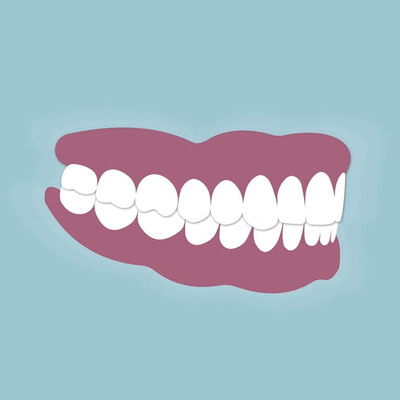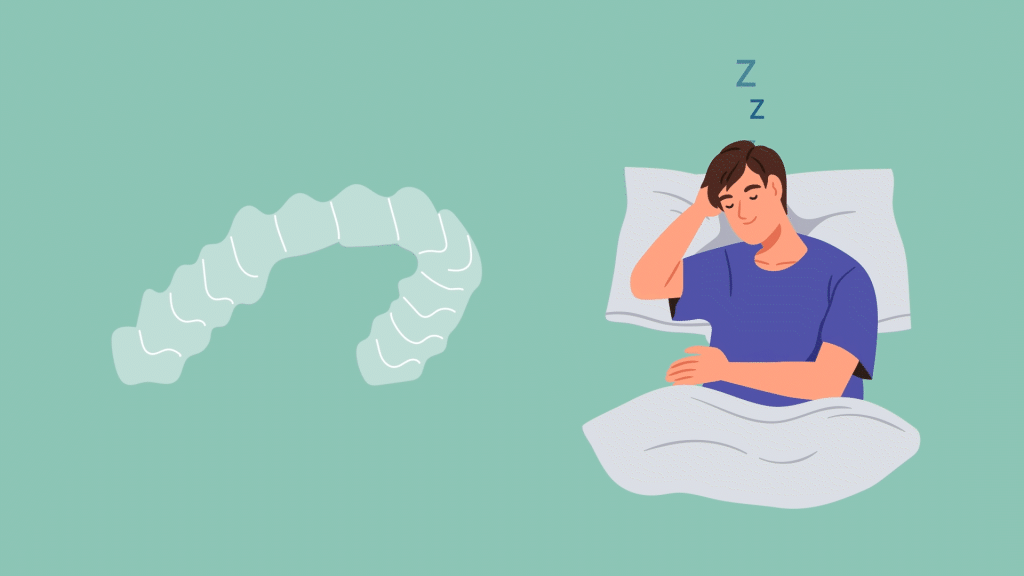Solomon Dental Group is now Sagewood Dental Group. New name, same great team!
Solomon Dental Group is now Sagewood Dental Group. New name, same great team!
Solomon Dental Group is now Sagewood Dental Group. New name, same great team!
Solomon Dental Group is now Sagewood Dental Group. New name, same great team!

Be Preventive!
The best way to improve your oral health and fight the effects of stress is to prevent the damage associated with bruxism. The best protection against bruxism is a custom-made professional mouthguard. Many people need to wear this appliance while sleeping to protect their teeth from clenching and grinding habits that they cannot control.
Many adults are under some level of stress. High levels of stress or chronic, ongoing stress can wear on the health of your mouth. The most common manifestation of stress in the oral cavity is heavy clenching or grinding of the teeth. This subconscious habit can occur during sleep or waking hours, especially when concentrating.
The scientific term for clenching and/or grinding of the teeth is bruxism. Bruxism leaves visible signs inside the mouth that your dentist will note during an oral evaluation.

Clenching and grinding can slowly erode the enamel on your teeth, making it difficult to notice the subtle changes in your smile. However there will be visual queues that can alert your dentist to the condition. Signs of bruxism include:
When your dentist sees these signs, he or she will alert you to the potential that you are clenching or grinding your teeth. Your dentist will also ask questions in order to gauge if you may be exhibiting these signs of stress during the day or at night. The natural position of your teeth is a small or slight separation. If your teeth are often touching at times that you aren’t chewing, you could actually be clenching. It is important to know about this habit so you can protect your teeth from serious damage.
The dental conditions that potentially arise from stress are the result of either bruxism or parafunctional habits. A parafunctional habit is one in which a patient uses the teeth and/or jaws for something aside from chewing. This could include someone biting her fingernails, a pen, pencil or opening packets and other non-food items. Stress-related dental conditions include the following:
Now that you understand the negative effects stress can have on your mouth, you may be wondering how to protect yourself against them. There are countless techniques for stress reduction and management recommended by health professionals. It may take some experimentation to find a technique that helps you deal with your stress levels in a healthy way. Regardless of your stress management technique, you can protect your teeth from the irreversible damage that stress can cause.
Be Preventive!
The best way to improve your oral health and fight the effects of stress is to prevent the damage associated with bruxism. The best protection against bruxism is a custom-made professional mouthguard. Most people need to wear this appliance while sleeping to protect the teeth from clenching and grinding habits that they cannot control.
Some people also add stretching and physical therapy-type exercises to their bedtime routine to relax jaw muscles and loosen the joint.

During the daytime, it requires a conscious effort to stop clenching, grinding, or parafunctional habits. The only time your teeth are meant to touch is when you are chewing. If you feel it happening more frequently than that, this is considered daytime clenching. Clenching is common during work-outs, commuting in traffic, or concentrating on a particular task. One way to address these habits is to set alerts or alarms throughout the day that cause you to stop and evaluate the status of your jaw. If you find yourself clenching, grinding, or chewing on something that isn’t food, stop and swallow. Then place your tongue between your upper and lower teeth. Performing this throughout the day will help you break the cycle of constant daytime bruxism.
For more specific recommendations unique to you, speak to your dentist about other treatment options that could help protect your teeth from the damage of bruxism

Mon – Tue: 8am – 5pm
Thu: 8am – 5pm
Fri: 8am – 3pm
Sagewood Dental Group © 2025 | All Rights Reserved